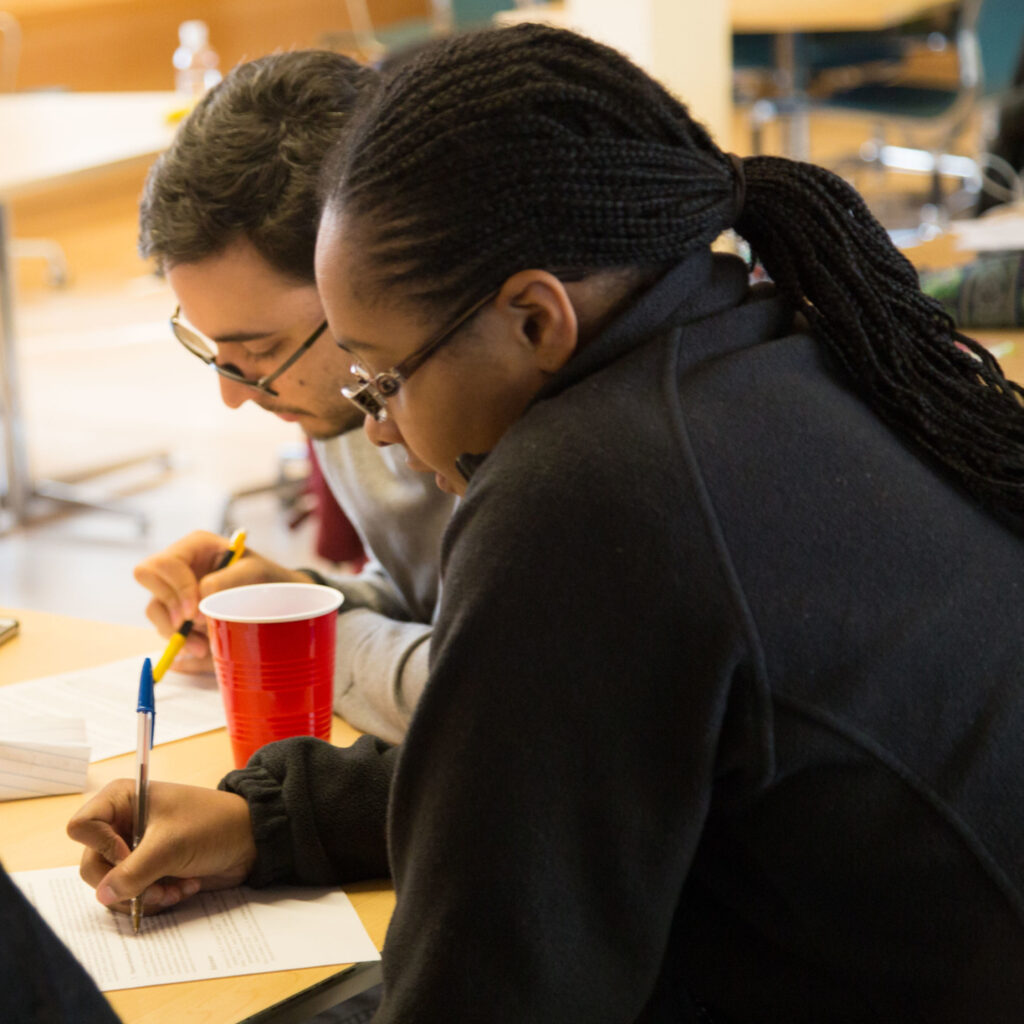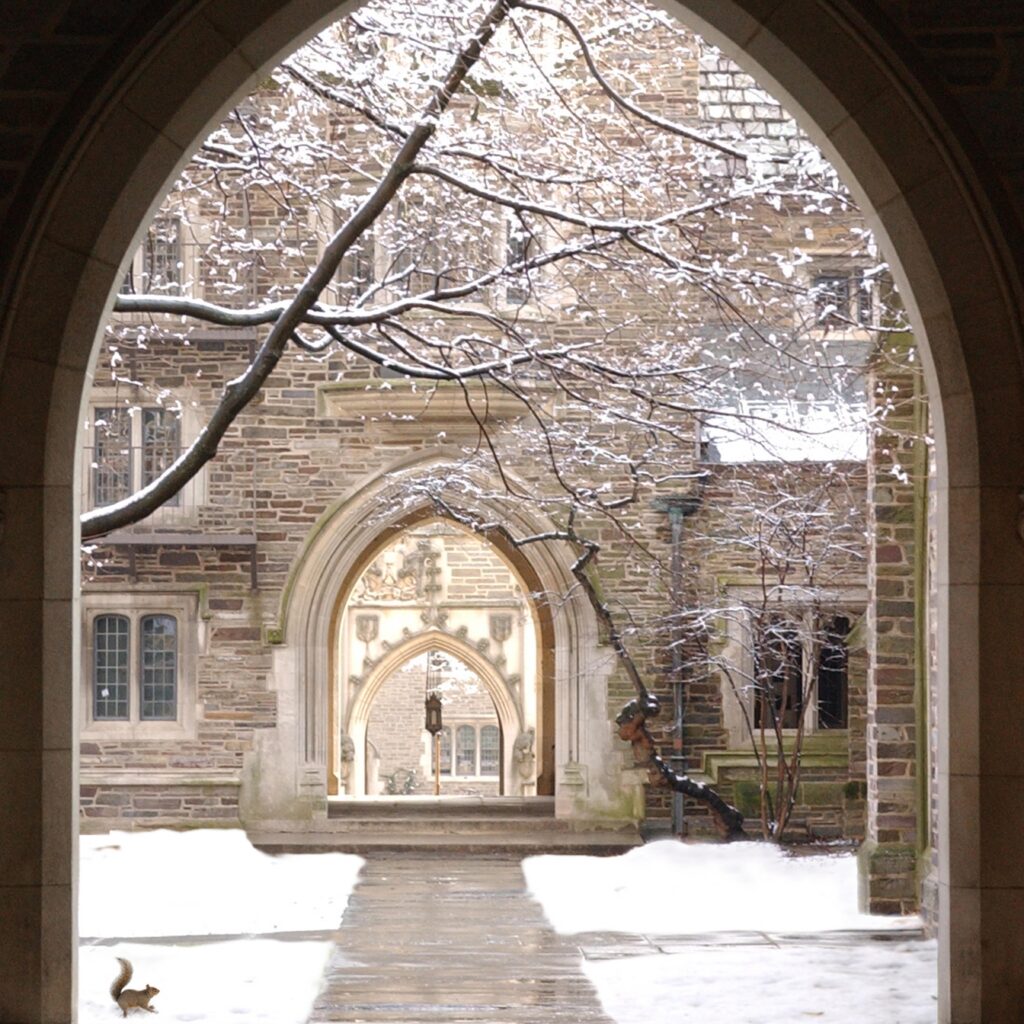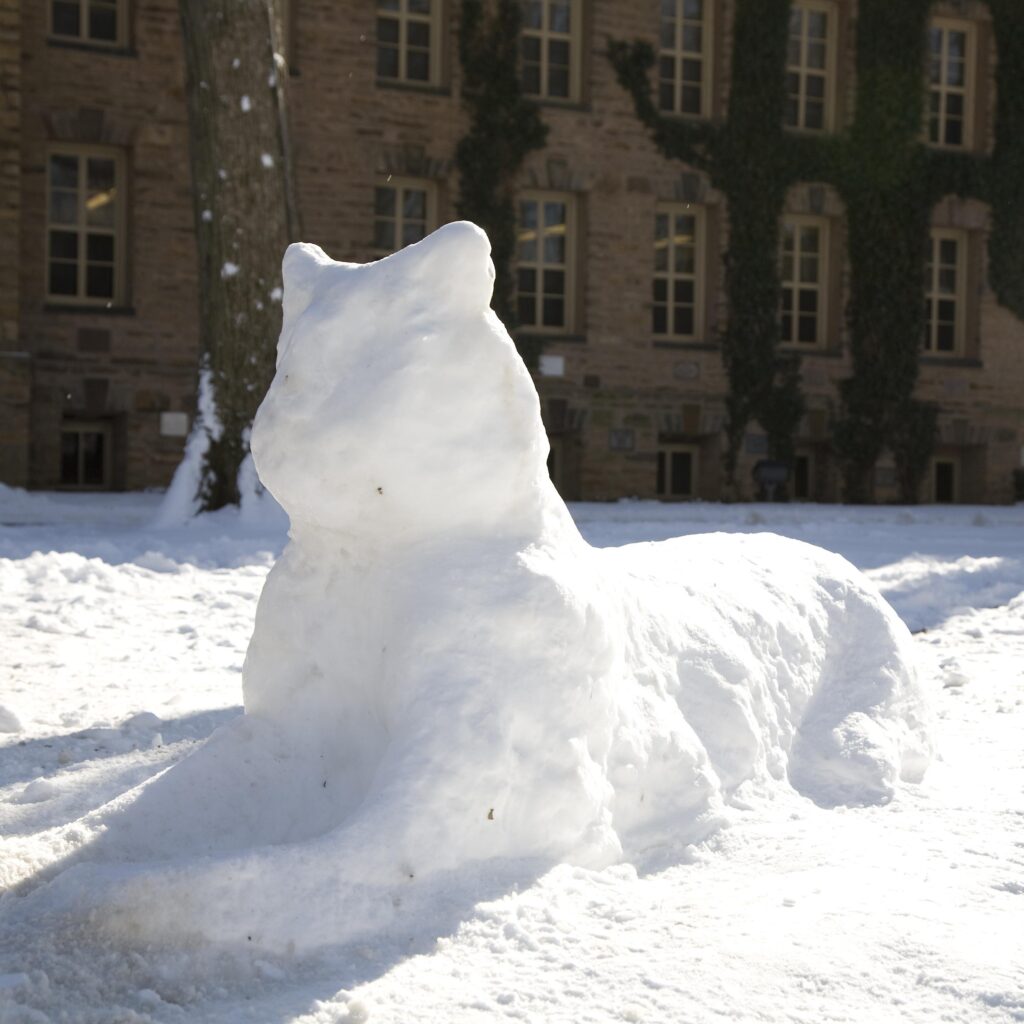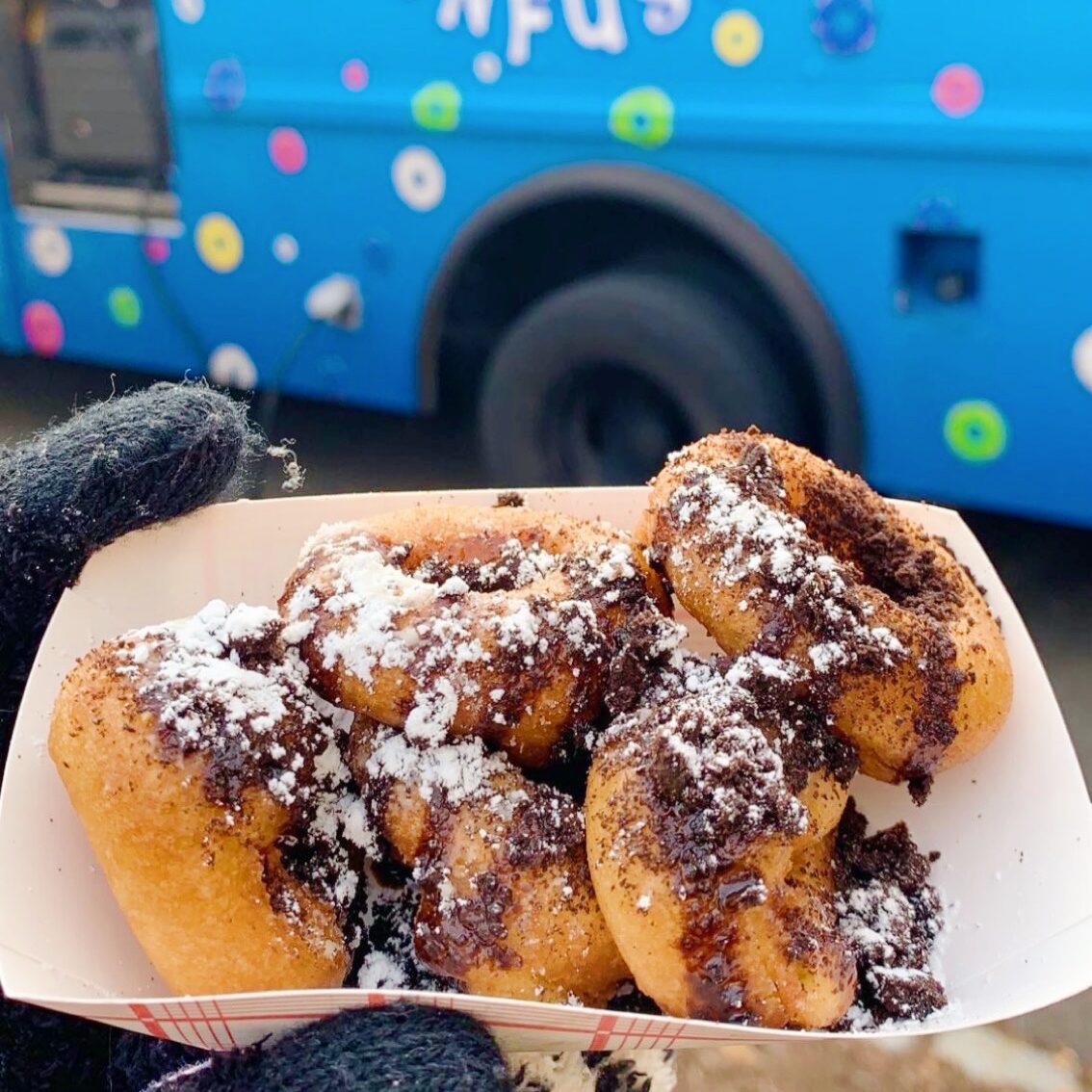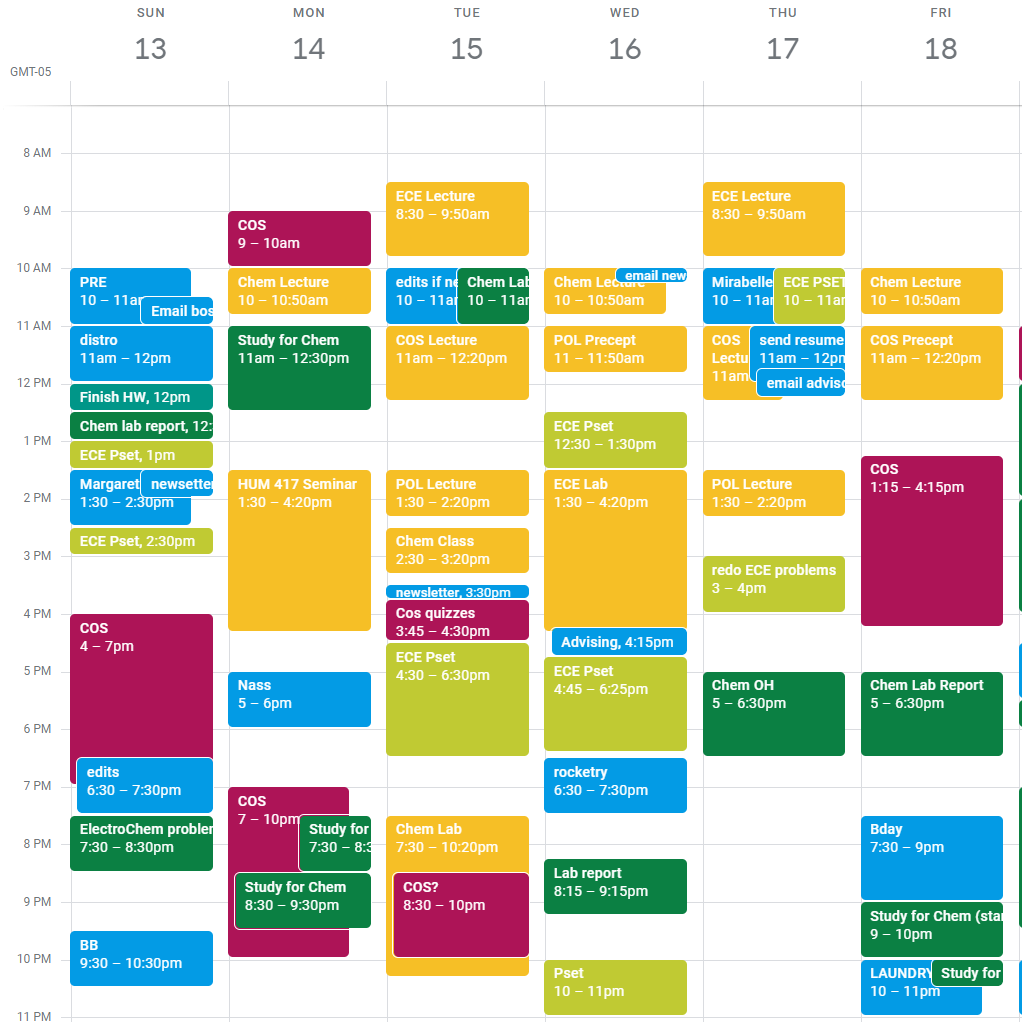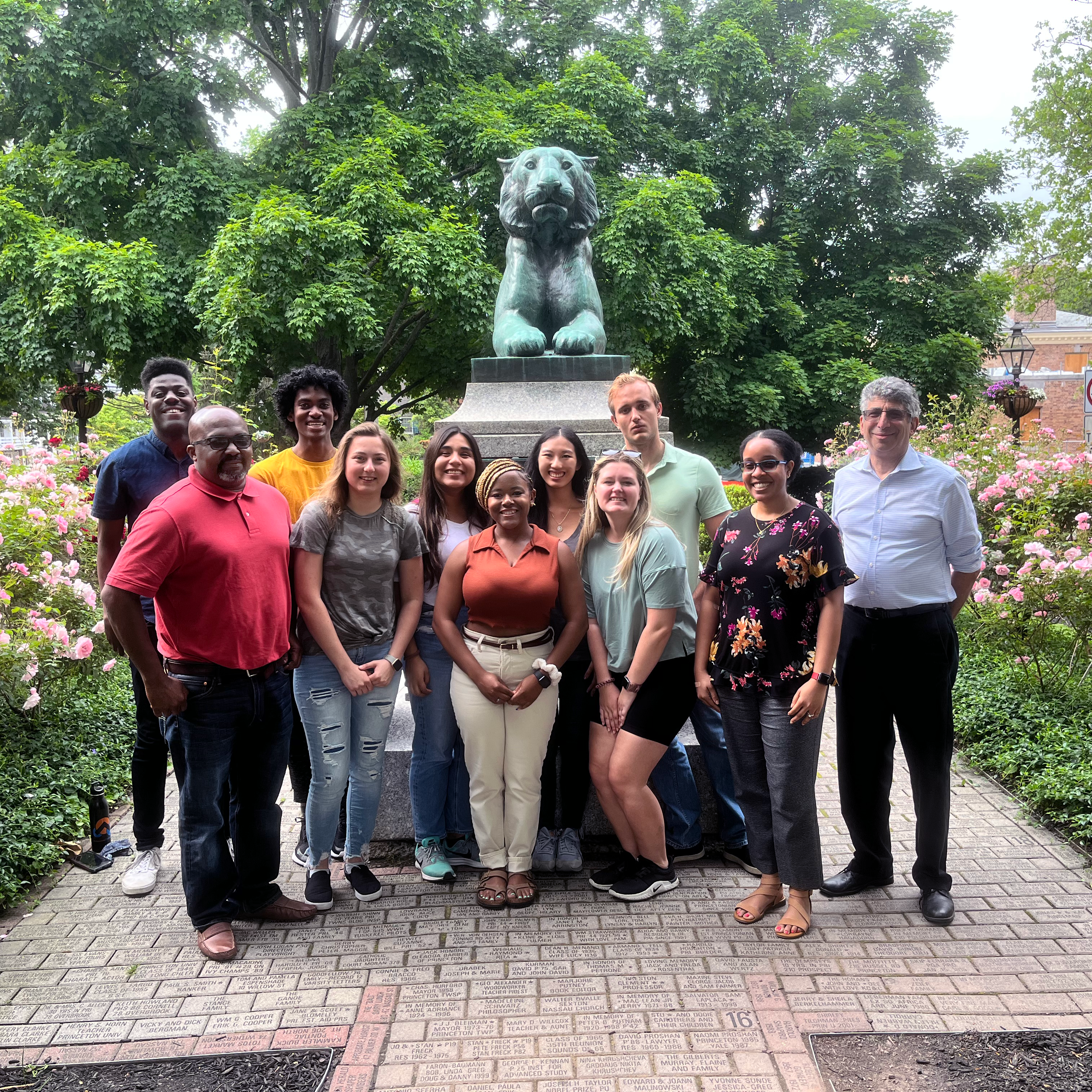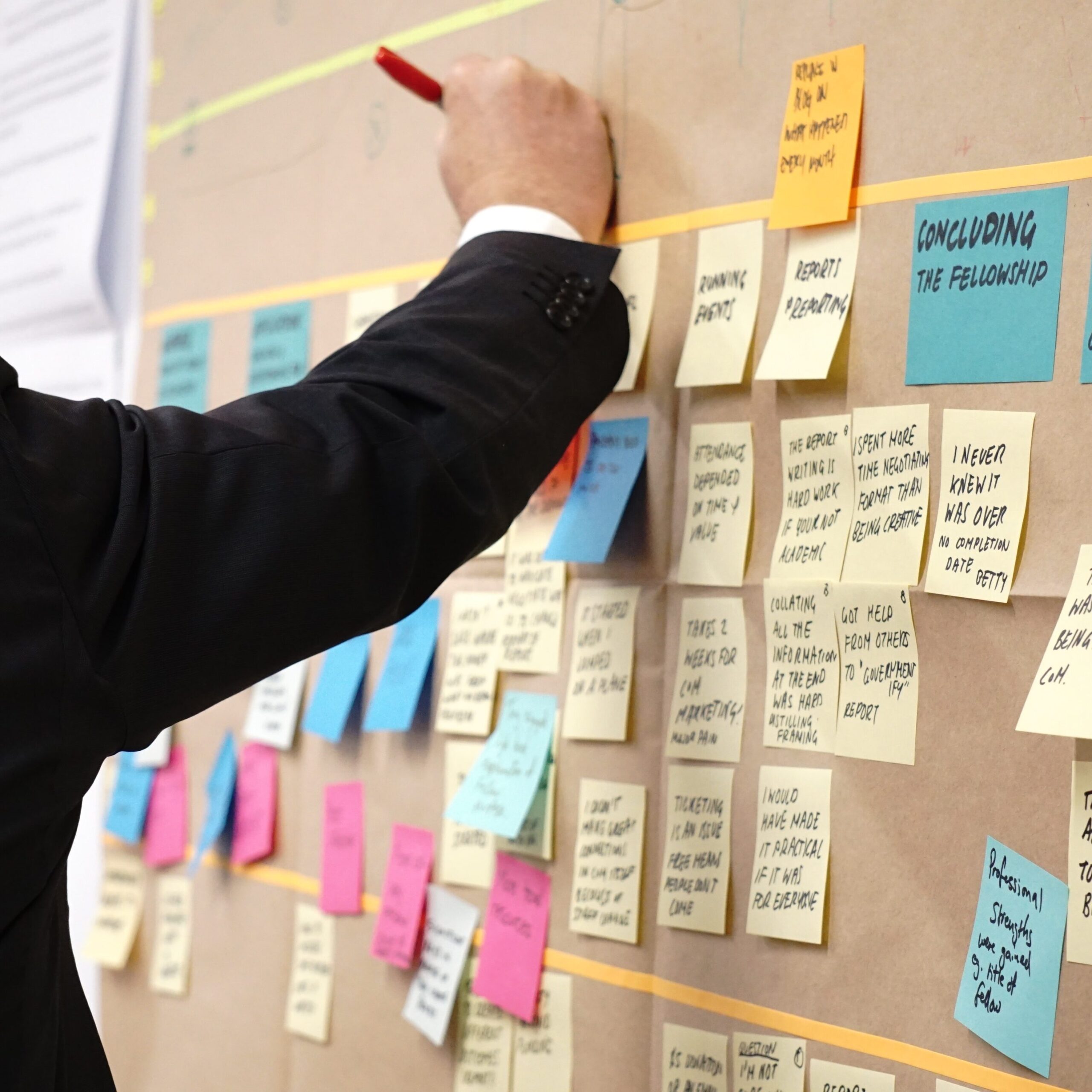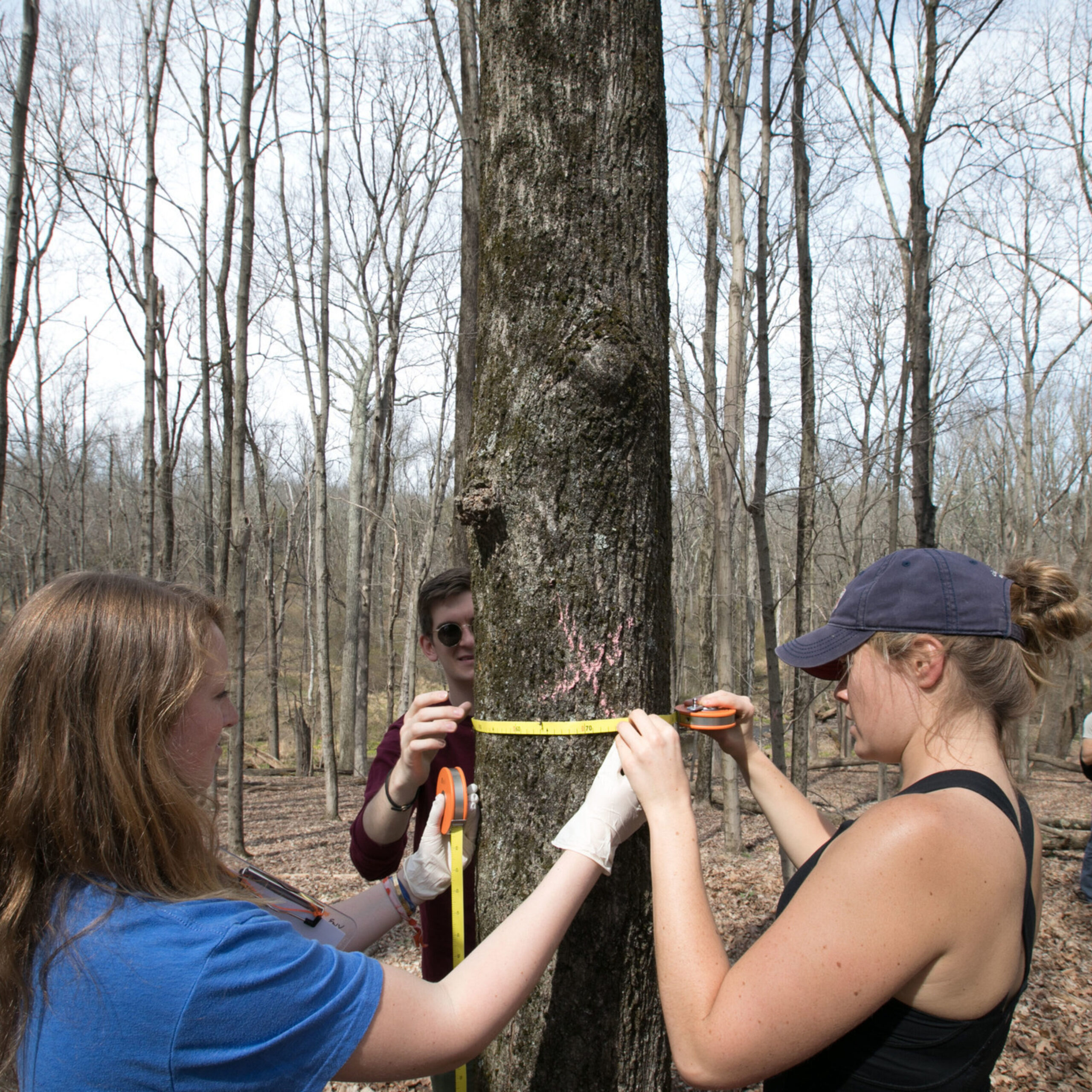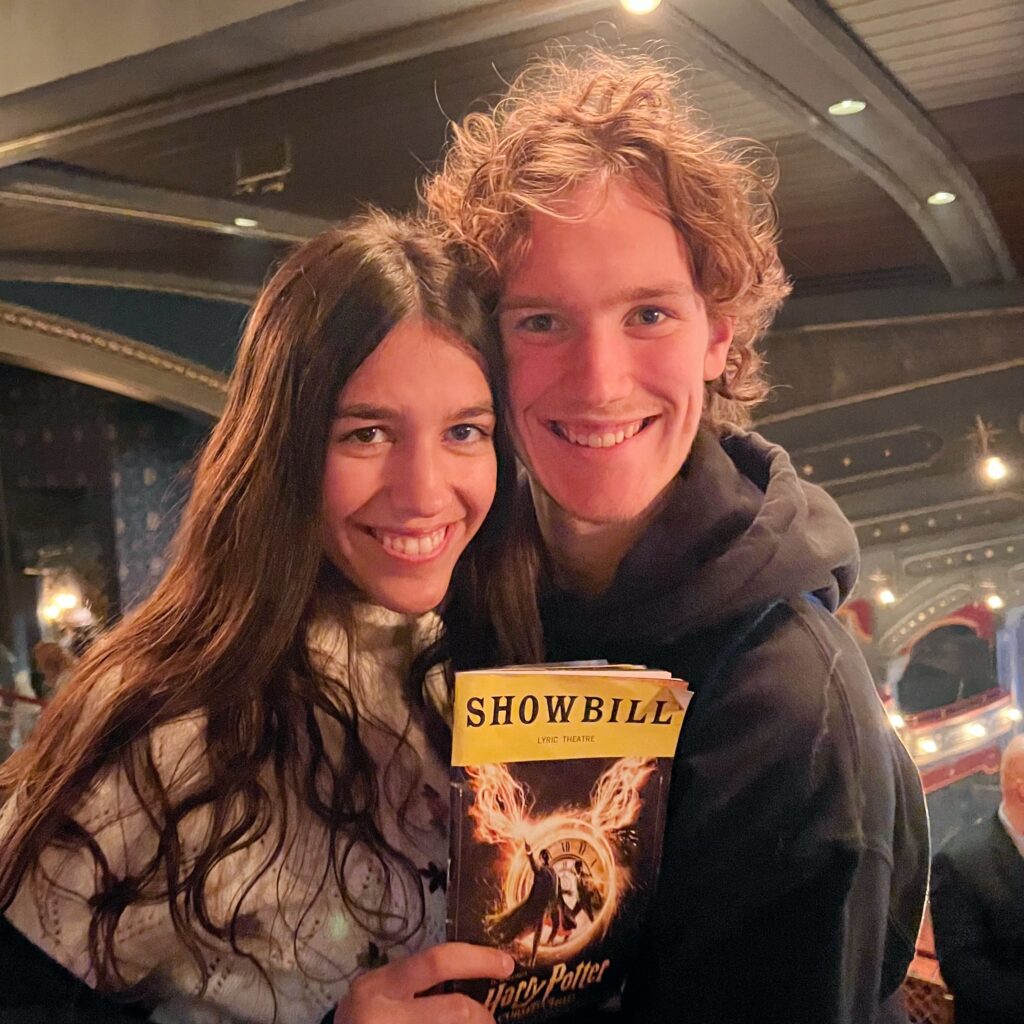Delaan Nedd ’25 (second from the left in the top row) and the Bocarsly Lab. Photo from Bocarsly Lab News.
As we enter December, it seems like summer is far, far away, but it’s a good time to start thinking about summer plans if you haven’t already. If you’re interested in research, there are numerous summer research programs whose applications are currently open (the Office of Undergraduate Research has a great list here).
For students with no experience with research, just getting started can be daunting. I wanted to hear from students whose first hands-on exposure to research was through Princeton’s research programs, so I interviewed Delaan Nedd ‘25. Delaan spent this past summer in the Princeton Department of Chemistry’s Summer Undergraduate Research Fellowship in Chemistry (SURF-C) program. SURF-C is a nine-week program for first and second-year undergraduate students to work on cutting-edge chemistry research alongside Princeton faculty, post-docs, graduate students, and other undergrads. What’s exciting is that the research Delaan contributed to during SURF-C was recently published in the Royal Society of Chemistry’s Dalton Transactions journal—check out the full paper here!
In this interview, we discuss his experience with on-campus summer research both in and out of the lab, as well as how the summer further informed his academic and career interests.
Continue reading No Experience Necessary: An Interview with Delaan Nedd ’25
